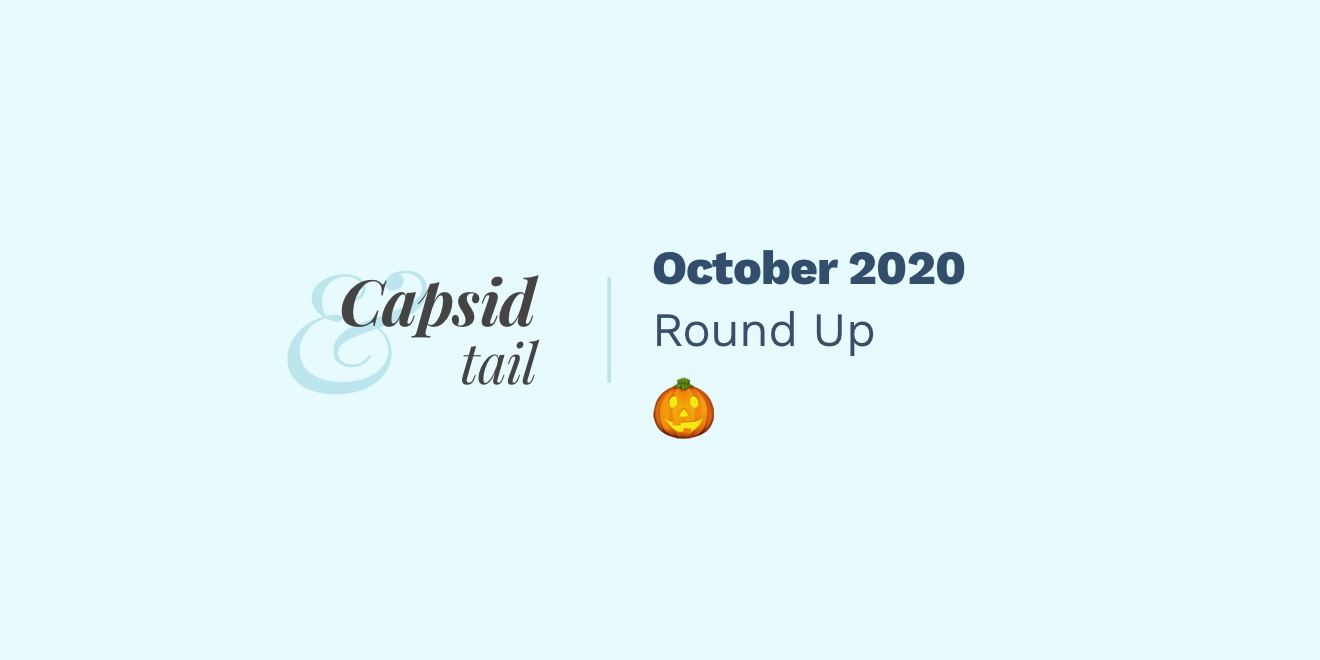Patients in India in need of phage therapy used to have to ship their samples internationally for phage susceptibility testing, which was a dealbreaker for even phage-friendly doctors as this was slow and expensive. Now, they can do it locally because of a new partnership between Vitalis Phage Therapy, the Eliava Institute in Georgia, and an Indian diagnostics company. For about $11 USD, patients in any city in India will be able to find out within a few days whether their samples are susceptible to the Eliava Institute’s phage cocktails.
Dutch phage biotech company Micreos has signed a license agreement with L’Oréal — this means L’Oréal can incorporate Micreos’ phage lysins into its products, and represents a huge milestone for phage biotech making its way into the mainstream!
There is currently no working treatment for recurring bacterial vaginosis (BV). Christine Landlinger (PhagoMed Biopharma GmbH) and colleagues published a new preprint in medRxiv showing that their engineered phage endolysin candidate eliminates Gardnerella in bacterial vaginosis without damaging the healthy vaginal microbiome. This is great news and paves the way for development of this lysin (which came from a prophage) as a vaginal suppository for BV.
Long-read genome sequencing suffers from high DNA requirements and sequencing errors, so Olivier Zablocki (Ohio State University) and colleagues developed VirION2, an integrated short- and long-read metagenomic wet-lab and informatics pipeline. Check out their new preprint here, where they show how VirION2 sample prep and workflow can help researchers better investigate the virosphere, even when analyzing low-biomass samples. VirION2 on Protocols.io.
Do you consider a virus-like particle (VLP) to be a particle that looks like a virus, or is it a virus specifically lacking a viral genome? Different fields (e.g. ecology vs. vaccine development) use the term differently. Paul Hyman, Gary Trubl and Steve Abedon discuss the evolving meanings of VLP in this perspective piece published in PHAGE.






